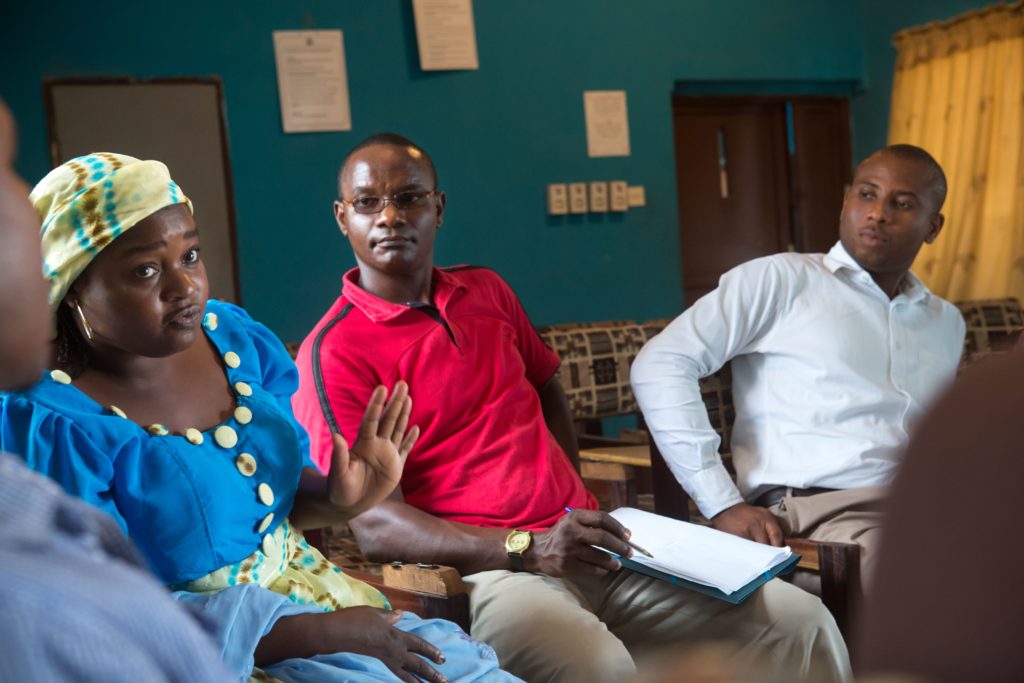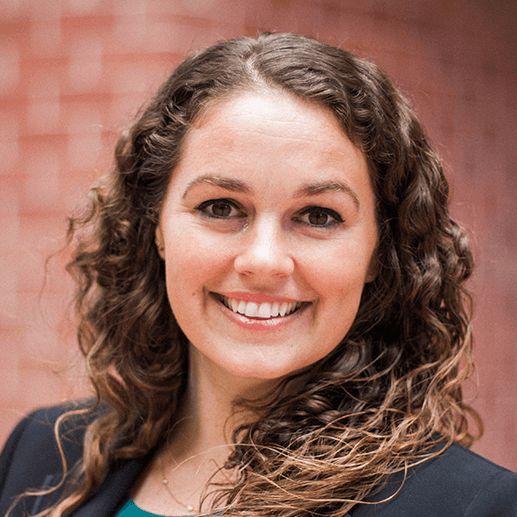Reaching Impact, Saturation and Epidemic Control
Reaching Impact, Saturation and Epidemic Control

Overview
Reaching Impact, Saturation, and Epidemic Control (RISE), funded by PEPFAR and USAID, works with countries to achieve a shared vision of attaining and maintaining control of the HIV and AIDS epidemic, with stronger local partners capable of managing and achieving results through sustainable, self-reliant, and resilient health systems by 2024. RISE works with ministries of health to adjust implementation approaches within its PEPFAR-funded programs to continue service delivery and technical assistance for HIV and TB services, as well as to initiate new COVID-19 interventions using existing platforms and networks.
As a core partner under the RISE consortium, MSH helps countries achieve national PEPFAR epidemic control targets by strengthening key health systems functions, including health information systems, human resources for health, financial systems, and supply chains.
Highlight
In Cameroon, RISE is working with the Ministry of Public Health and partners to ensure that HIV prevention and treatment services remain a part of the essential service delivery package for universal health coverage (UHC). And in Haiti, we supported the Ministry of Public Health and Population and the National AIDS Program in their efforts to enhance HIV client-provider relationships and improve the quality of HIV services in five departments through a patient-centered service delivery approach to retain new and continuing patients in treatment, thereby contributing to the UNAIDS 95-95-95 goals. As Zambia moves closer to achieving HIV epidemic control, RISE is helping the Ministry of Health maintain and build on the progress made over the past five years by developing strategies to enhance human resources for health (HRH) investments and create a sustainable HIV response system.
RISE has developed…
in Cameroon:
- A consolidated package of interventions, including HIV care and treatment services, for inclusion in the country’s UHC program
- Standardized nursing protocols and updated medical care protocols for UHC interventions, establishing expectations for quality of care and clarifying equipment, medicines, and other consumables considered essential for effective delivery of services
- A pool of national and regional trainers with expertise in communicating around UHC, producing 10 regional micro plans to lead UHC communications at national and regional levels
- A framework and operational manual for a national UHC accreditation system to assess and enroll health facilities into the program for reimbursement
in Haiti:
- A new government-validated training guide to provide a coherent and comprehensive set of guidelines and tools on person-centered HIV care to create a respectful environment in health facilities
- A pool of national and departmental trainers with expertise in person-centered HIV care, who then cascade training on required competencies to HIV providers
- A partnership with the oldest medical school to incorporate principles of person-centered care and appreciative inquiry into medical and nursing curricula to strengthen HIV provider practice
in Zambia: RISE is providing technical assistance and support to:
- Develop options for optimizing HRH investments by analyzing US government HRH program data
- Identify and address HRH gaps and inefficiencies by conducting a national HIV HRH Optimization Analysis
- Build a more efficient and reliable health workforce management system to better allocate and sustain human resources
- Strengthen Ministry of Health HRH financing to achieve and sustain HIV service goals

Sarah Konopka
Technical Director of Infectious Diseases and Cluster Lead for HIV and AIDS
Project Contact
Sarah Konopka, MSH’s Technical Director of Infectious Diseases and Cluster Lead for HIV and AIDS, leads our technical work in HIV prevention and response and serves as the Health System Strengthening lead of the Reaching Impact, Saturation and Epidemic Control (RISE) project, which is funded by PEPFAR through USAID and led by Jhpiego. Konopka has more than 15 years of experience in program design and implementation, research, and policy analysis in HIV and integrated health programs. She previously served as Technical Director of the MSH-led, USAID-funded African Strategies for Health (ASH) project. Prior to joining MSH in 2012, Konopka worked at the International HIV/AIDS Alliance, providing technical support to Asia- and Eastern Europe-based civil society organizations to manage and implement HIV-related programming for key populations, and served as an HIV and AIDS and Community Health Peace Corps volunteer in Tanzania, where she designed and managed community-based HIV prevention projects. Konopka holds a master’s degree in international development from the Institute of Development Studies at the University of Sussex, UK.
The Journey towards Universal Health Coverage in Cameroon: Forging a Path to Equitable Health Care Access for All
In April 2023, Cameroon launched its Universal Health Coverage (UHC) program to extend healthcare accessibility and reduce out-of-pocket expenses. The initiative, supported by MSH through the USAID RISE project, focuses on providing free, quality health services to vulnerable populations, including those with HIV. This technical brief is available in English and French.
Building a More Responsive, Respectful Health System: Haitian Health Facilities Use Suggestion Boxes to Improve HIV Services
Across 115 health facilities in Haiti, patients are taking advantage of a new opportunity to improve their quality of care – and all it takes is dropping a form in a suggestion box. Every month, these big, yellow boxes are filled with comments and suggestions from clients, which health facility staff then read and address in a community-wide effort to improve care and services for people living with HIV.
Donors & Partners
Donors
The United States Agency for International Development
The United States President’s Emergency Plan for AIDS Relief
Partners
Jhpiego
ICAP at Columbia University (ICAP)
ANOVA Health Institute
BAO Systems
JHU Center for Public Health and Human Rights
Mann Global Health (MGH)